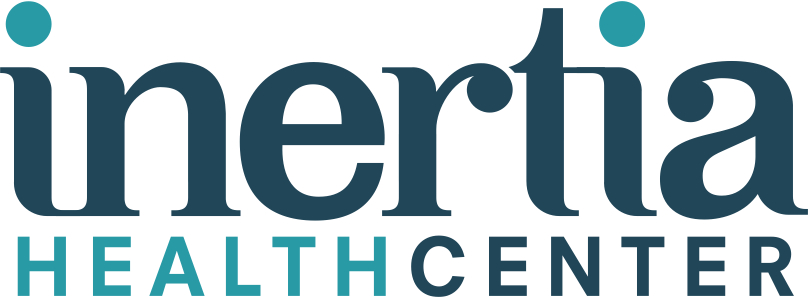If you’ve ever been unfortunate enough to experience the effects of a debilitating migraine (or know someone who has), you’ve come to the right place. A migraine can be so devastating that all you can do for the rest of the day is, well, nothing- and hope it goes away soon. But there are many different kinds of headaches, what makes a migraine so different?
Migraines occur when your brain is in a state of hyper-excitability. What the heck does that mean? Think about when you have a bad sunburn on your shoulder. Someone comes up, and unknowingly pats you on that shoulder and unleashes a world of pain. Ouch! If it wasn’t for the sunburn, your shoulder wouldn’t hurt, but because it’s currently in a sensitive state, you experience pain. A similar thing is happening your brain if you suffer from migraine episodes. A brain prone to migraines exists in a hyper-excitable state, and can be easily triggered by a seemingly non-harmful stimulus. Something as innocent as food, changes in weather, and stress can all trigger your migraine. Knowing your triggers is crucial to helping prevent a migraine attack. While your specific triggers may not be the same as another migraine sufferers, research has identified certain triggers that are common to almost all migraine sufferers. These include:
- Cheese
- Chocolate
- Citrus fruits
- Hot dogs (cured meats that contain nitrates and nitrites)
- Dairy products
- Fried foods
- Coffee, tea, and cola
- Food dyes and additives
- Artificial sweetener
- Wine and beer
- Humidity
- Sedentary lifestyle (low levels of exercise)
- Stress
- Poor sleep hygiene
- High green onions and potency in men glycemic diet (poor blood sugar control)
Think back to when you had your last migraine. It seems like nothing you did would make it less intense or shorten the duration. Not medicine, ice, dark rooms, nothing. Now, also think back and try to remember if you were the victim of one of these common triggers. If you can identify that, you are in a good spot from a preventative standpoint. If you can’t remember, try and take note the next time you have a migraine as this will be very helpful going forward.
As we alluded to earlier, the best cure for migraines is to prevent them. So how do you do that? First, you have to identify your triggers and eliminate them. This is the number one priority. Second, there are a number of different supplements that have been shown to be effective in the prevention of migraines. These include:
Petasites (Butterbur extract)
The American Academy of Neurology recommends this to reduce the frequency and severity of migraine attacks.
Coenzyme Q10 (CoQ10)
This has been shown to decrease the frequency of migraine attacks.
Riboflavin & Vitamin B2
Effective for decreasing the frequency of migraine attacks.
Magnesium
This is especially important for women on any kind of hormone replacement therapy, as this can cause a magnesium deficiency in the body. Magnesium deficiency has been associated with the development of migraines.
While there are many strategies aimed at decreasing the frequency and severity of migraine attacks, interventions should be tailored to the individual. In some cases, we will run blood tests to help identify triggers you may not have known existed. So, if you’re looking for a different approach to the treatment and care of your migraines, give us a call at Inertia Health Center. We’ll help identify your triggers and educate you on strategies to best prevent and treat your migraines.
